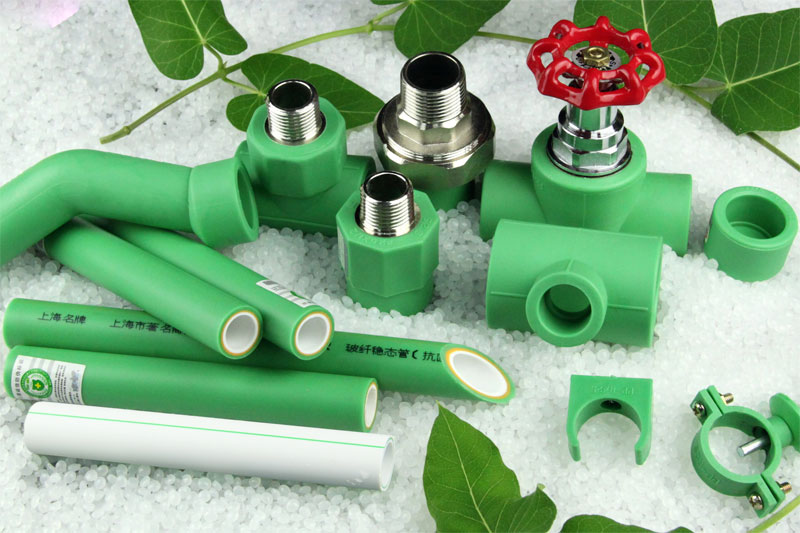The Role of a PP Pipe Manufacturer

A ppr pipe manufacturer can produce pipes of different sizes and shapes to suit specific plumbing needs. These pipes can be used in sanitary networks and hot water systems, as well as in air distribution and compressed air systems. They are designed to withstand high pressures and temperatures, and are often manufactured from polypropylene random copolymer raw material.
PPR pipes are also hygienic and resistant to chemicals, making them suitable for residential and commercial use. In addition, they are environmentally friendly and economical. Their low weight makes them easy to transport, handle, and install. In addition, the piping system is flexible, reducing the number of joints and leakage points.
Due to their insulating properties, ppr pipes are also useful in heating systems. They can withstand extreme cold weather, and are able to transfer heat effectively. This allows them to be used in a wide range of applications, including the installation of radiant heating and cooling systems in homes and commercial buildings.
Moreover, PP-R pipes are electrolytically inert and chemically resistant, which means that they can be used in hot and cold water systems, as well as for the transport of chemicals. These characteristics make them a popular choice for construction projects that require durable, high-quality piping systems.
The key factor driving the growth of the ppr pipe market is the growing demand for lightweight construction materials. This trend has become a global phenomenon, and many companies are looking to capitalize on it. Compared to traditional metals, ppr pipes are much lighter and easier to work with. They are also more resistant to corrosion, thereby reducing the risk of damage or leakage.
Another major factor contributing to the growth of a ppr pipe manufacturer is the increasing need for energy-efficient piping systems. In addition to being lightweight, ppr pipes are also designed to be more energy-efficient than conventional metallic piping. This makes them a cost-effective and sustainable option for plumbing and water supply in both residential and commercial areas.
However, the manufacturing process of ppr pipes is more complex than that of other conventional materials, which can lead to higher production costs. In addition, ensuring the quality of these products requires stringent inspection and testing procedures. This can add to the overall manufacturing expenses, limiting the growth of the market. Nevertheless, the benefits of using these pipes are undeniable, making them an attractive investment for many companies.
